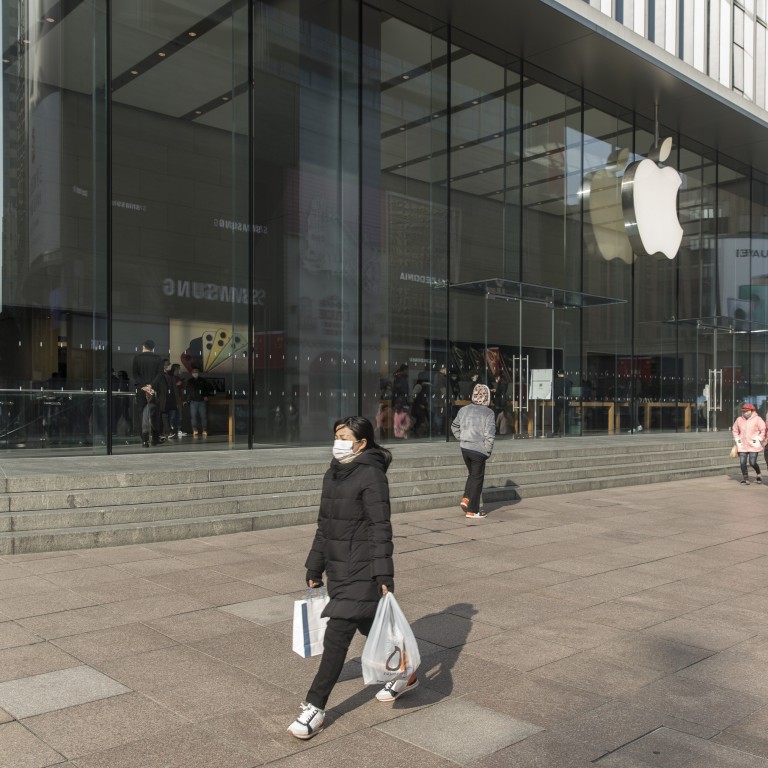
China’s services sector growth hit three-month low in January even before coronavirus crisis, Caixin PMI shows
- The Caixin/Markit services purchasing managers’ index (PMI) slowed to 51.8 from 52.5 in December, but was still higher than an eight-month low hit in October
- The reading is, though, unlikely to reflect the early impact of the coronavirus crisis that flared in late January, which could weigh heavily on growth
Growth in China’s services sector slowed for a second straight month in January, a traditionally busy sales season, hitting a three-month low as companies cut prices and new orders dipped, a private sector survey showed on Wednesday.
“China’s economic recovery was not strong enough due to limited improvement in demand, and some companies didn’t replenish inventories,” Zhengsheng Zhong , director of macroeconomic analysis at CEBM Group, wrote in a note accompanying the Caixin PMI release.
China’s economic recovery was not strong enough due to limited improvement in demand, and some companies didn’t replenish inventories
The index has stayed above the 50-point margin that separates growth from contraction on a monthly basis since late 2005. Beijing has been counting on a strong services sector to cushion a prolonged slowdown in manufacturing and investment and create jobs for workers laid-off in other areas.
Economic growth has cooled to near 30-year lows amid sluggish demand at home and abroad.
Services companies reported a smaller rise in the volume of new work in January and continued to face higher fuel and labour costs. Demand softened at home, while new orders from overseas picked up modestly from the previous month.
But their expectations regarding the one-year outlook for business activity improved notably in the month, as the phase one trade deal with the United States eased some of the pressure on exporters.
However, a coronavirus outbreak that has abruptly limited the movement of millions of people and forced the closures of restaurants, malls, and cinemas across the country during the week-long Lunar New Year holiday, is likely to further darken the outlook for China’s slowing economy.
Analysts have noted the deepening coronavirus crisis, which is expected to be as much as two or three times worse than the severe acute respiratory syndrome (Sars) outbreak, will potentially add to industry headaches.
As the current pneumonia epidemic is putting pressure on the economy, policymakers need to make efforts to ensure no major disruptions to improving business confidence
“As during the Sars episode, we expect consumption and travel to take the hardest hit,” analysts at Oxford Economics said in a note.
“But we also expect that there will be significant disruption to other economic activities, though to a lesser degree than the impact on consumption.”
Analysts like CEBM Group’s Zhong have urged policymakers to take swift action to cushion to hit to growth from the virus.
“As the current pneumonia epidemic is putting pressure on the economy, policymakers need to make efforts to ensure no major disruptions to improving business confidence,” he said.
Caixin’s composite manufacturing and services PMI, also released on Wednesday, slowed to 51.9 in January from 52.6 in December.

